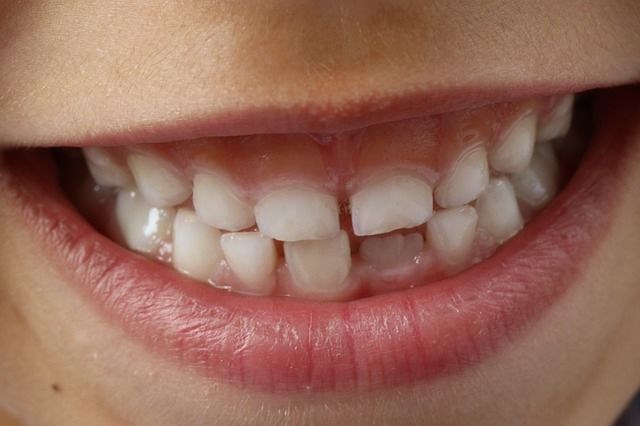Tooth Decay Eliminated With Alzheimer's Drug? Treatment Speeds Up Tooth Repair, May Replace Fillings

Every so often we come across a drug developed to treat one condition that unexpectedly does wonders for an unrelated problem; a new and prime example is the drug Tideglusib. Although originally developed to treat Alzheimer’s disease, new research suggests that it could actually do wonders for tooth decay, perhaps making the dreaded root canal a barbaric procedure of the past.
According to the study now published online in Scientific Reports, Tideglusib was able to stimulate the tooth to create new dentine, The Independent reported. The drug works by boosting the the production of stem cells in the tooth, which then help to create new dentine, the tissue found in the center of teeth. This will repair teeth in the instance of tooth decay. What’s more, because the drug has already been approved for use in Alzheimer’s, there will be less need to test its safety.
Read: Risk Of Tooth Decay Increases With Mouth Breathing
"The simplicity of our approach makes it ideal as a clinical dental product for the natural treatment of large cavities, by providing both pulp protection and restoring dentine,” said study author Paul Sharpe, The Independent r eported.
In the case of tooth decay, the teeth already try and repair some of the damage themselves by regrowing damaged tissue. However, if the damage becomes too great, dentists will fill the cavity in order to prevent it from progressing further. In worst cases, if the damage is allowed to spread, the tooth may have to be pulled and a procedure known as a root canal is done.
However, by speeding up the production of stem cells to repair tooth decay, the damage may not progress to this point, which would eliminate the need for fillings. Don't cancel your dental appointment just yet; more research is needed. For now, the best defense against tooth decay remains proper tooth care, and regular visits to your favorite dentist.
Source: Li M, Sun X, Ma L, et al. SDF-1/CXCR4 axis induces human dental pulp stem cell migration through FAK/PI3K/Akt and GSK3β/β-catenin pathways. Scientific Reports. 2017
See Also:
The Balance Of Bacteria In Your Mouth Can Lead To Tooth Decay
Bye, Bye Dental Fillings: No 'Fill And Drill' Dentistry Technique Prevents Tooth Decay



























